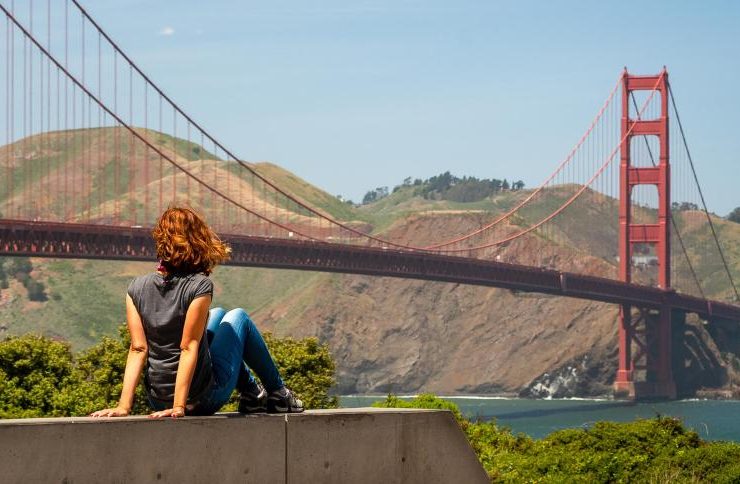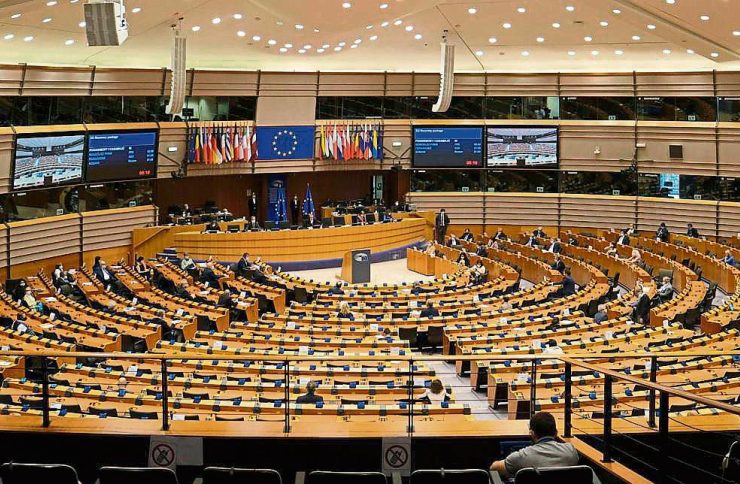Maarten de Jongh: "Barcelona is a city that knows how to reinvent itself"

Maarten de Jongh, partner at Norgestion.
Born in Utrecht in Holland in 1958 and married with two children, Maarten de Jongh has now lived in Barcelona for some 35 years. He lived in The Hague until he was 18 years old and then moved to Amsterdam before coming to Barcelona in 1985. Maarten is a senior advisor specializing in sales and acquisitions and is a partner at Norgestion, a consultancy that has six offices in Spain and more than 70 employees.
Why did you choose Barcelona?
It was a personal preference. Life on the Mediterranean seemed more attractive to me than life on the North Sea, and, in the 80s, Barcelona was the city "where things happened."
What do you like most about the city?
Above all, the people who live here. One shouldn't forget that Barcelona is one of the most densely populated cities in Europe and the way that everybody gets along is exemplary, especially considering how diverse we all are. I also like more the more "typical" features of the city, such as its culture and climate, and, of course, the quality of the food—both the fresh food available in the markets and the quality of the restaurants.
Which aspects of the city need to be improved? How?
The first thing that comes to mind is the need to reduce traffic noise. It is true that things are much better now than in the 80s, when it was quite an event to see a cyclist in the city. But I think there is still much too much space taken up by cars. The challenge is to free up this space but at the same time ensure a good level of mobility (in time and cost), both for those who live here and for visitors.
What are the strengths that will help the city overcome the COVID-19 crisis?
The city's great strength is its ability to reinvent itself on a regular basis. Good historical examples of this are the industrial development of Poblenou and the Modernist movement. More recently, the city was transformed by the work leading up to and following the Olympic Games. The city is now reinventing itself as a start-up hub, both in the world of IT (in the broadest sense) and in the world of biotech, positioning itself as one of the most popular cities for start-ups, whether launched by locals or people from other countries.
What challenges do you think the city will face once it recovers from the health emergency?
In recent years, Barcelona has become a magnet for tourists. In my opinion, it is likely that the mass tourism of recent years will not return. This will be a challenge for the sector, which will have to adapt. This will require considerable efforts to be made in education and training.
Another challenge is the need to adapt to demographic change, in particular the increase in the average age of its population.
And lastly, a more general challenge: following Covid, Barcelona will need to help people to balance their work with their social life so they can develop both personally and professionally and enjoy a decent standard of living.
What do you expect from Barcelona in the coming years?
I hope that Barcelona will keep its character and identity, with a mix of international and local brands, a good selection of stores, offices and homes, and pleasant places go for a stroll, etc.
Which city do you consider to be your home city? What do you miss most?
Without a doubt, my home city is Barcelona. There is nothing specific that I miss in everyday life, but every time I go to Holland and then come back to El Prat, I wish we had a truly integrated public transport system with frequent trains and easy connections.







